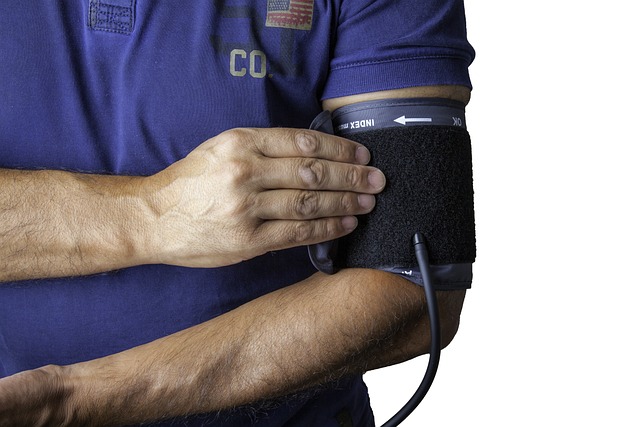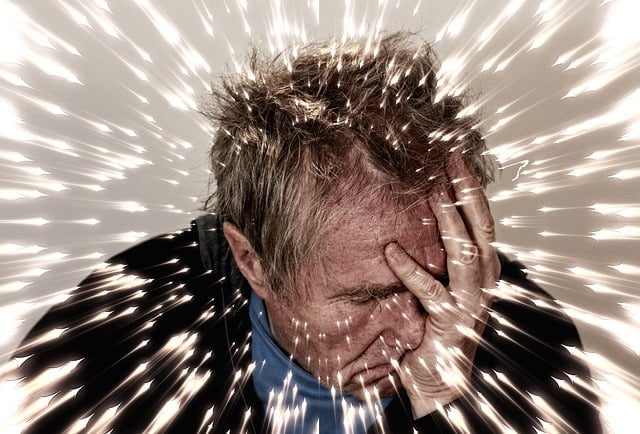Low water pressure, a common plumbing issue, results from diverse factors like leaks, corrosion, outdated systems, sediment buildup, and improper valve settings. Simple problems like loose connections or clogged aerators may require DIY fixes, but complex issues such as main breaks or faulty regulators necessitate professional plumber intervention for effective Causes of Low Water Pressure resolution.
Low water pressure can be a frustrating household issue, ranging from a mere nuisance to a significant obstacle in daily tasks. Understanding the causes, such as faulty valves, mineral buildup, or air in the system, is crucial for effective troubleshooting. This article guides you through identifying the root cause and deciding when to call a plumber versus attempting DIY fixes. Learn about common issues with low water pressure and find out when it’s time to seek professional assistance for lasting solutions.
- Causes of Low Water Pressure
- – Discuss common issues like faulty valves, mineral buildup in pipes, air in the system, and low water levels.
- When to Call a Plumber for Low Water Pressure
Causes of Low Water Pressure

Low water pressure can be frustrating, especially after a long day or during important tasks that require ample water flow. Understanding the causes of this issue is the first step in addressing it effectively. Several factors contribute to low water pressure in homes and buildings. One common cause is a leak within the plumbing system, which reduces the overall water supply and weakens the pressure. These leaks can be subtle and often go unnoticed until the pressure drops significantly.
Another primary reason for low water pressure is issues with the main water line or the municipal water supply itself. Corrosion or damage to these pipes can restrict water flow, resulting in lower pressure at taps and fixtures. Additionally, outdated plumbing systems may have inadequate pipes that cannot handle modern water demands, leading to pressure fluctuations. In some cases, a simple buildup of sediment or mineral deposits inside pipes can cause restrictions, while other times, problems with the water pressure regulator or valve settings may be to blame.
– Discuss common issues like faulty valves, mineral buildup in pipes, air in the system, and low water levels.

Low water pressure can be frustrating and may indicate several potential issues within your plumbing system. Understanding the common causes is the first step in resolving the problem. One of the most frequent culprits is faulty valves, such as shut-off valves or pressure-reducing valves, which regulate water flow and can become compromised over time.
Another significant factor contributing to low water pressure is mineral buildup in pipes, often resulting from hard water. These minerals can accumulate and narrow the pipe walls, restricting water flow. Air trapped in the system is another common issue, particularly if there are old or damaged pipes. Leaks, broken pipes, or open valves allow air to enter, leading to reduced water pressure. Additionally, low water levels in the tank of a water heater or pressure-boosting pump can affect the overall pressure throughout your plumbing system.
When to Call a Plumber for Low Water Pressure

Low water pressure can be a frustrating issue, but determining whether it’s a simple fix or requires professional help is key. While minor problems like a loose pipe connection or clogged aerator can often be addressed by homeowners, persistent or widespread low pressure may indicate more complex causes.
If you’ve checked for obvious issues like closed valves or dripping faucets and the problem persists, it’s time to consider potential Causes of Low Water Pressure such as water main breaks, faulty pressure regulators, or even problems at your local water utility. In these cases, calling a plumber is advisable to diagnose and resolve the issue effectively.
Understanding the causes of low water pressure, such as mineral buildup or faulty valves, is key. Before calling a plumber, check your pipes and water heater settings. Simple adjustments or flushing can often resolve minor issues. However, if the problem persists, it’s best to consult a professional for more complex repairs, ensuring your plumbing system operates at its optimal pressure.
